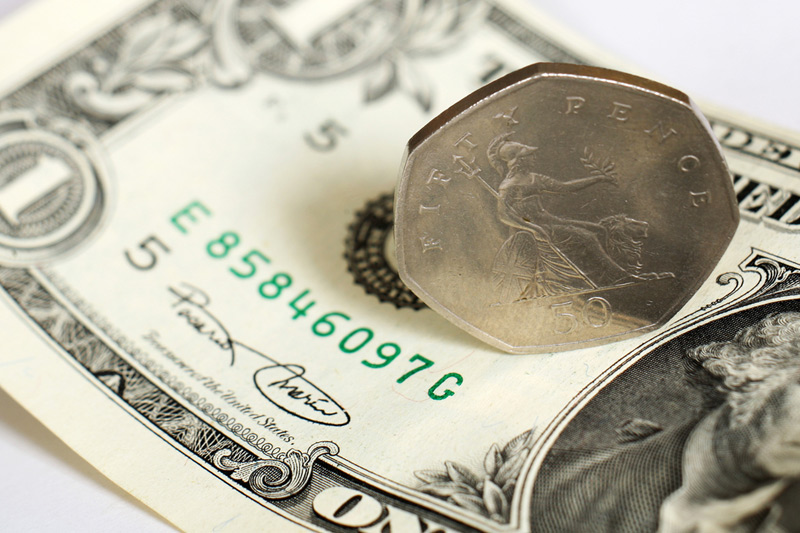Investing.com - The pound fell to fresh one-month lows against the dollar on Thursday one day after the Bank of England played down speculation over a possible rate hike in the early part of next year, saying the economic recovery was still in an early stage.
GBP/USD hit lows of 1.6733, the weakest since April 16 and was last down 0.14% to 1.6742.
Cable was likely to find support at 1.6660 and resistance at 1.6845.
Sterling weakened across the board on Wednesday after the BoE left its forecasts for growth and inflation largely unchanged in its quarterly Inflation Report and indicated that it is still in no rush to hike interest rates.
The BoE said it now expects economic growth of 2.9% in 2015, up from 2.7% in its February report, and said the rate of growth this year would remain unchanged at 3.4%.
The bank said there is scope to further reduce the amount of slack in the economy before hiking rates and reiterated that when rates did start to rise they would do so only gradually.
The pound had already turned lower earlier in the day after official data showed that the U.K. unemployment rate fell to a more than five-year low in the three months to March but wage growth slowed.
The U.K. unemployment rate dropped to a five-year low of 6.8% in the three months to March, down from 6.9% in February but average wages rose by a weaker than expected 1.7% in the first quarter from the same period a year earlier.
Elsewhere, sterling was higher against the euro, with EUR/GBP down 0.17% to 0.8164, not far from the 16-month trough of 0.8126 reached on Wednesday.
The drop in the euro came after data showed that growth in the French economy stalled in the first three months of the year added to pressure on the European Central Bank to ease monetary policy.
Official data released on Thursday showing that French gross domestic product was flat in the first quarter, disappointing expectations for growth of 0.2%, as consumer spending slumped.
Germany’s economy expanded 0.8% in the three months to March, beating expectations for 0.7%, while Italy’s economy contracted 0.1%, compared to expectations for growth of 0.2%.
The euro zone was to release preliminary data on first quarter growth later in the session, as well as revised data on consumer price inflation for April.
